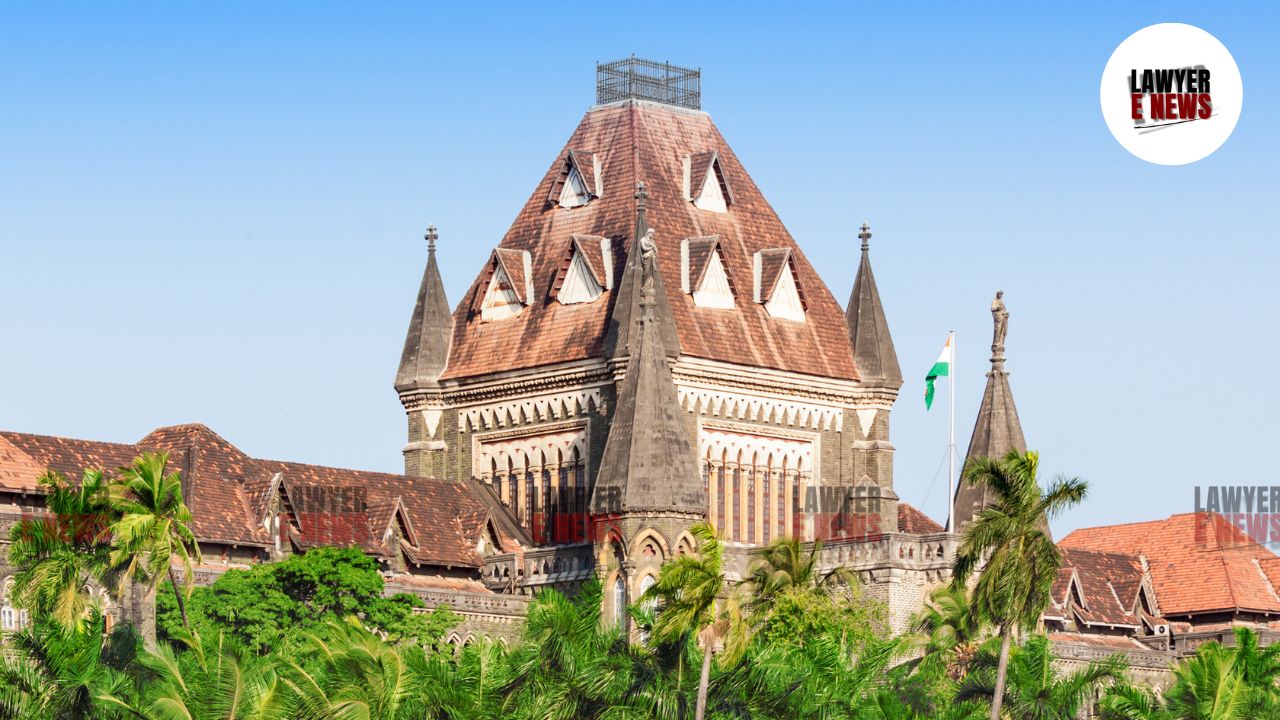-
by Admin
15 February 2026 5:35 AM



Bombay High Court at Goa quashed the orders of the lower courts rejecting a suit challenging the sanctioning of loans based on alleged fraud and collusion. The petitioner, a shareholder and director of a company, filed the suit after alleging that loans were sanctioned by the respondent bank without board authorization. The court ruled that Section 34 of the SARFAESI Act, 2002, which bars civil court jurisdiction in certain matters, does not apply when fraud is alleged, thus restoring the suit for trial.
Shashikant Gangar, the petitioner, is a director and shareholder in Super Electro Manganese Chemicals, a company that availed a loan from Aditya Birla Finance Limited. The petitioner alleged that the loan, amounting to ₹3.5 crores, was sanctioned without a valid board resolution and in collusion between the bank and other directors of the company (respondent Nos. 3 and 4). The petitioner claimed that the loan was part of a fraudulent scheme by the other directors to siphon off company funds and shut down the business.
When the petitioner filed a suit challenging the loan and mortgage as fraudulent, the Commercial Court at Ponda dismissed the suit under Order VII Rule 11 of the Code of Civil Procedure (CPC), 1908, citing the jurisdictional bar under Section 34 of the SARFAESI Act. The decision was upheld by the appellate court. The petitioner then filed a writ petition before the Bombay High Court, challenging these orders.
Whether the petitioner’s suit was barred by Section 34 of the SARFAESI Act, which precludes civil court jurisdiction over matters covered under the Act.
Whether the civil courts have jurisdiction to entertain a suit where allegations of fraud and collusion in loan sanctioning are sufficiently pleaded.
Whether the plaintiff, as a shareholder and director, had the locus standi to file the suit challenging the loan agreement.
Justice Bharat P. Deshpande, delivering the judgment, analyzed the scope of Section 34 of the SARFAESI Act, which bars civil court jurisdiction in matters that fall under the purview of the Debts Recovery Tribunal (DRT). The court referred to the landmark decision in Mardia Chemicals Ltd. v. Union of India (2004), which held that civil courts can retain jurisdiction in cases involving allegations of fraud, collusion, or where the claim is so absurd that it does not fall within the domain of the SARFAESI Act.
The court emphasized that Section 34 of the SARFAESI Act does not impose an absolute bar on civil court jurisdiction, particularly when a plaintiff alleges fraud. Justice Deshpande noted that the petitioner had pleaded specific allegations of collusion between the bank and other directors regarding the sanction of the loan without proper authorization.
"The jurisdiction of the civil court is not barred in cases where fraud and collusion are sufficiently pleaded. The bar under Section 34 of the SARFAESI Act is not absolute, especially in cases of fraud," the court stated [Para 44].
The court examined the petitioner’s claim that the loan was sanctioned without a valid resolution from the company’s Board of Directors. The petitioner argued that a board meeting was scheduled after the loan had already been sanctioned, indicating that no valid approval had been obtained. The court found that the petitioner’s pleadings clearly demonstrated a prima facie case of fraud and collusion.
"The fact that the loan was sanctioned even before the board meeting was scheduled raises serious concerns of fraud and collusion between the bank and the other directors," Justice Deshpande observed [Para 45].
The Bombay High Court quashed the orders of both the Commercial Court and the First Appellate Court, restoring the plaint for trial. The court held that the trial court had erred in rejecting the suit under Order VII Rule 11 of CPC, as the allegations of fraud were sufficiently pleaded and the bar under Section 34 of the SARFAESI Act did not apply.
"Both the orders of the trial court and appellate court rejecting the plaint are quashed. The plaint is restored for trial, as Section 34 of the SARFAESI Act does not apply where fraud is alleged," the court ruled [Para 84].
The Bombay High Court reaffirmed the principle that civil courts retain jurisdiction in cases where allegations of fraud and collusion are at play, even when the matter involves secured assets under the SARFAESI Act. This judgment clarifies the limits of Section 34 of the SARFAESI Act, ensuring that individuals have recourse to civil courts when fraud is sufficiently pleaded, particularly in cases involving corporate governance and financial misconduct.
Date of Decision: October 15, 2024
Shashikant Gangar v. Aditya Birla Finance Limited & Others
